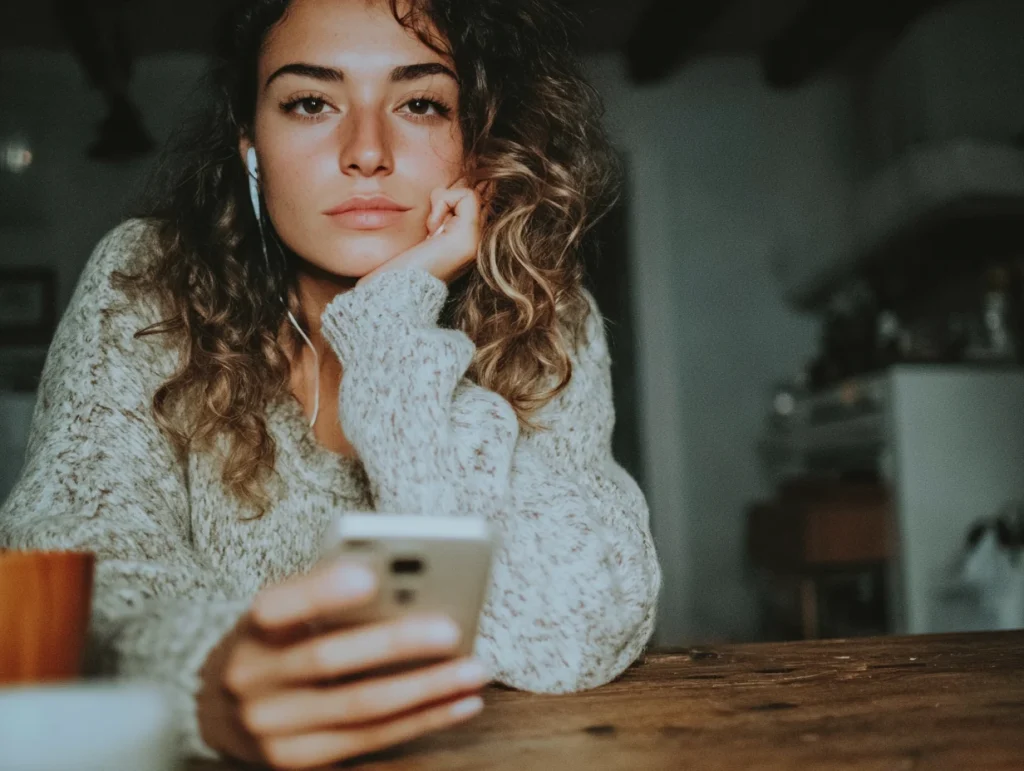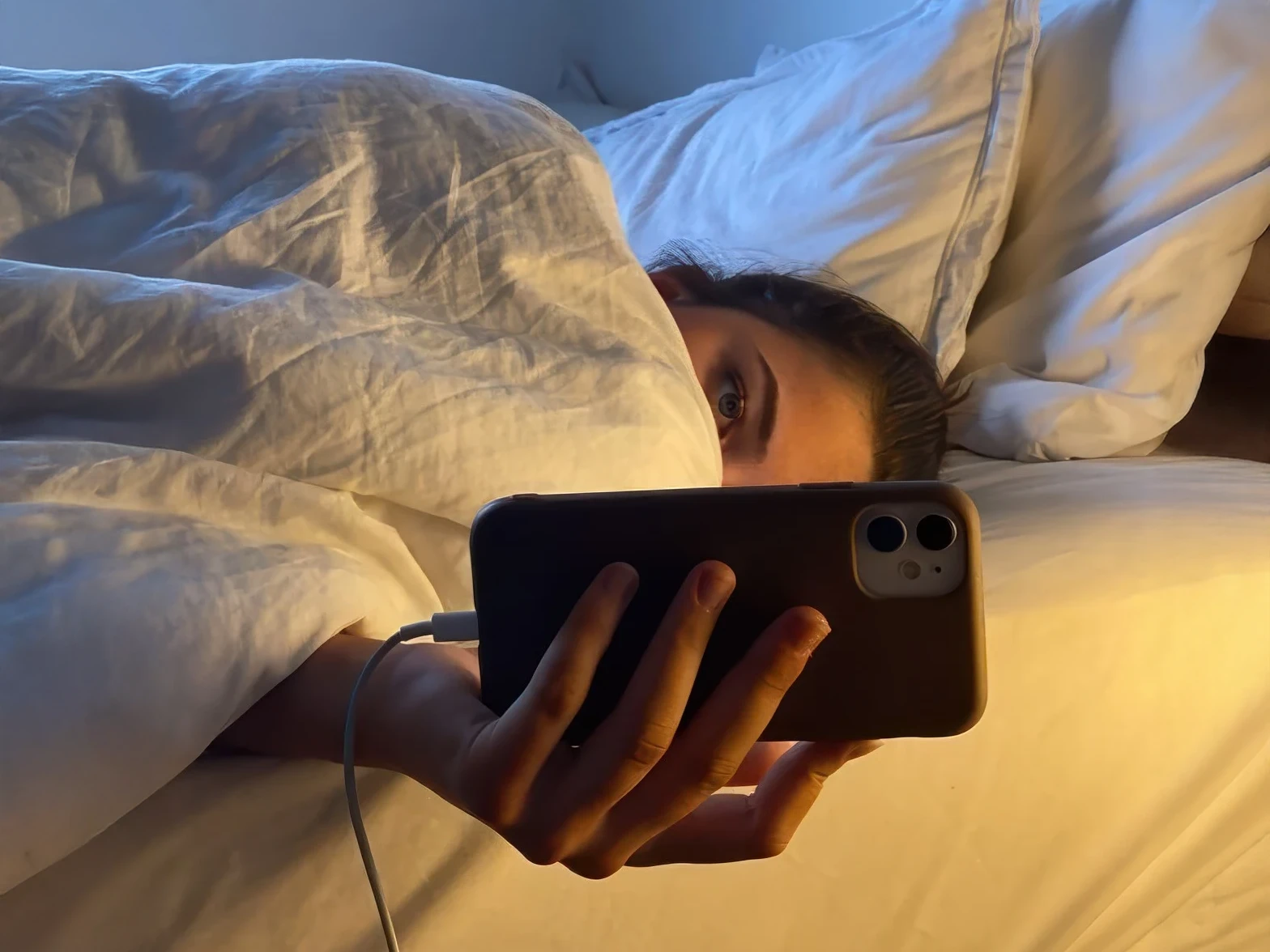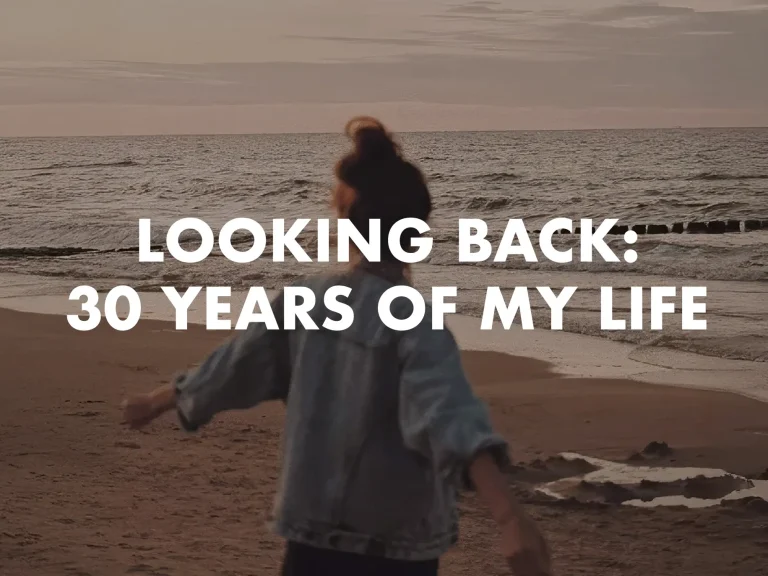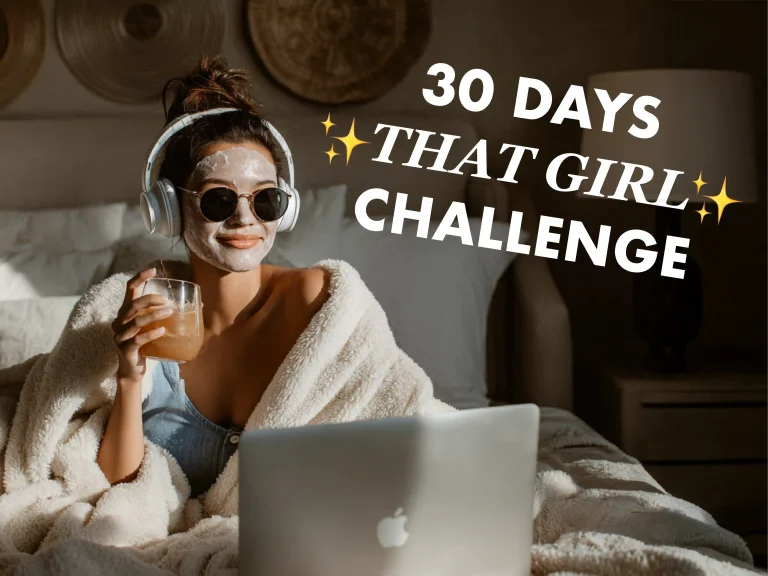How Social Media Messes With Your Mental Health
I used to think I was just “bad at mornings.” I’d wake up, instantly reach for my phone, scroll through Instagram or TikTok for a bit, and then… somehow 45 minutes would disappear. I’d feel drained before I even got out of bed. Eventually, I realized it wasn’t the mornings — it was the screen.
The link between social media and mental health is real, and for a while, I was in complete denial about how much it was affecting me. I told myself I needed it “for inspiration” or “to stay connected.” But the truth? I felt more anxious, distracted, and self-critical the more I used it.
If you’ve ever caught yourself doomscrolling at midnight, comparing your life to strangers online, or just feeling mentally fried after too much screen time — you’re not alone. And you’re not broken. Social media is literally designed to hijack your attention, emotions, and sense of self-worth.
So this post isn’t about deleting all your apps or pretending we can live completely offline. It’s about awareness, honesty, and finding real ways to protect your mental space while still living in the modern world.
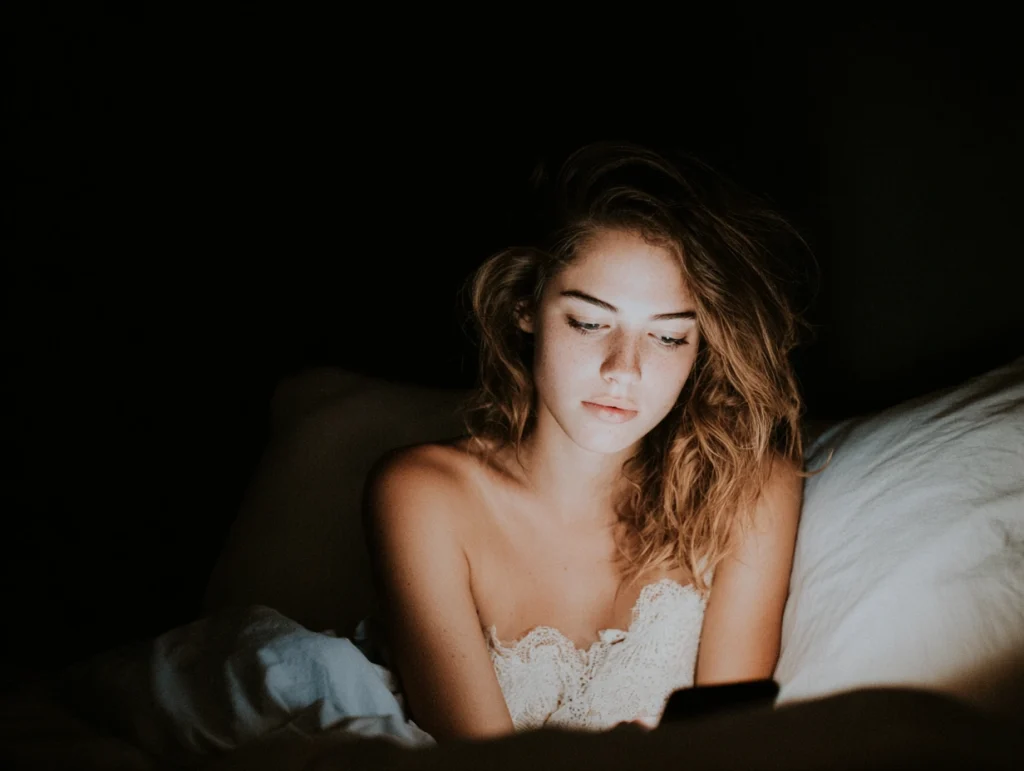
1. The Hidden Ways Social Media Wears You Down
Let’s be honest: most of us didn’t sign up for social media thinking it would make us anxious, self-critical, or constantly overstimulated. But over time, those side effects creep in.
Here’s what I started noticing in myself:
- Constant comparison — Even if I knew people were only showing the highlights, I still felt behind or not good enough.
- Mental clutter — My brain felt full all the time, even when nothing important had happened.
- Mood swings — A few negative comments or “meh” likes could totally change how I felt about myself that day.
And it’s not just me. Studies on social media and mental health have shown links between excessive screen time and increased anxiety, depression, poor sleep, and low self-esteem. The apps are built to keep us hooked — and it comes at a cost.
One time I found myself crying after seeing someone post a “perfect” life update — not because I wanted their life, but because it made me feel like mine was somehow lacking. I closed the app, looked around my quiet, cozy apartment, and thought: “Wait… I was actually fine five minutes ago.” That moment really stuck with me.
2. How I Knew It Was Time to Re-Evaluate My Relationship With Social Media
There wasn’t a single breaking point — more like a slow buildup of feeling tired, unfocused, and low-key anxious all the time. I kept blaming stress or sleep or hormones… but eventually I realized: the biggest common denominator was my screen.
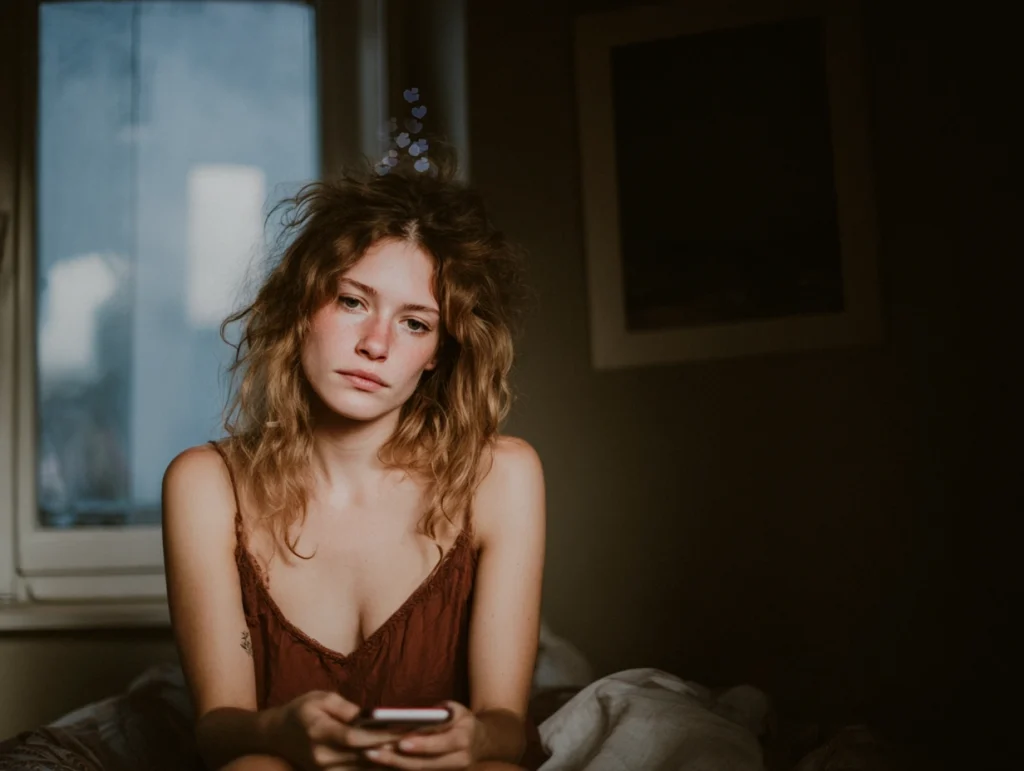
I started asking myself:
- Do I feel better or worse after scrolling?
- Am I using this to connect — or to escape?
- What could I be doing instead with this time and energy?
That honesty opened the door. It wasn’t about quitting cold turkey — it was about paying attention.
One small change that helped? Turning off all notifications except texts. The silence felt weird at first, but I swear I felt 10% calmer in just a few days.
3. Small, Realistic Ways to Improve Your Mental Health Without Quitting Social Media
You don’t have to delete your accounts to take care of your mental health. But you do need to be more intentional. Here are a few things that have helped me (and might help you too):
Set Boundaries Around When You Use It
- No scrolling in bed (put your charger in another room!)
- Use apps like Freedom or One Sec to pause before opening an app
- Create “offline pockets” — like 9–11 AM with no social media
Curate Who You Follow
- Mute or unfollow anyone who makes you feel worse (even if they’re “friends”)
- Follow creators who inspire you, make you laugh, or share honestly
- Ask: Does this account make me feel more human or less?
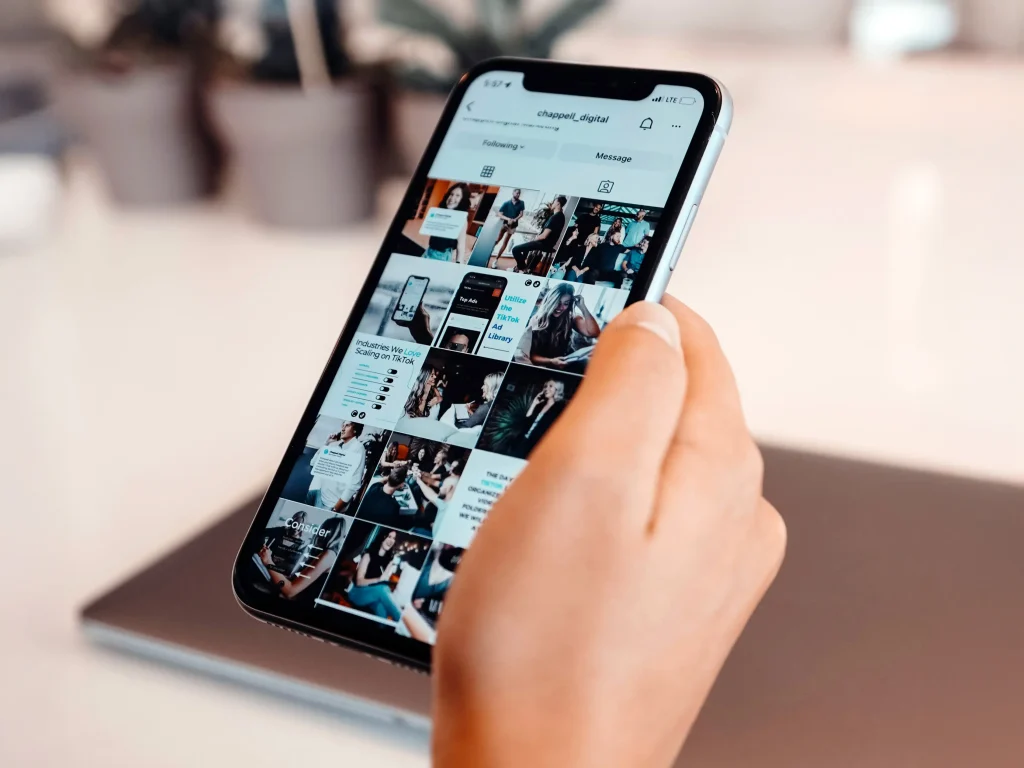
Track How It Makes You Feel
Keep a simple journal or note where you jot down:
- How you feel before and after using social media
- Any specific posts that triggered strong emotions
- How your mental clarity or focus shifts
This awareness alone can shift your habits.
I did a little experiment where I rated my mood 1–10 before and after scrolling. The results were wild. I thought it helped me “relax,” but most of the time my mood actually dropped. That’s when I knew it was doing more harm than good — even when it felt harmless.
Replace Scroll Time With Restorative Habits
- Go on a short walk (even 5 minutes helps)
- Journal your thoughts instead of tweeting them
- Text one person you actually care about
- Listen to music or a podcast with your phone face-down
You don’t have to be super productive — just do something that fills you up instead of draining you.

4. Reclaiming Attention in the Age of Distraction
One of the biggest lies we’ve been sold is that being constantly “connected” is the same as being fulfilled. But attention is energy — and we only get so much of it each day.
I’ve started thinking of my attention like a daily budget. Every time I check social media, I’m spending a little bit. The question is: what am I getting in return?
For me, better mental health starts with reclaiming even a few of those “budgeted” moments and putting them toward things that actually feel good — quiet mornings, meaningful conversations, small creative projects, even just breathing without stimulation.
Two habits I’ve stuck with:
- I deleted TikTok entirely — it just wasn’t serving me.
- I keep Sundays screen-free until noon. Those mornings feel so peaceful now.
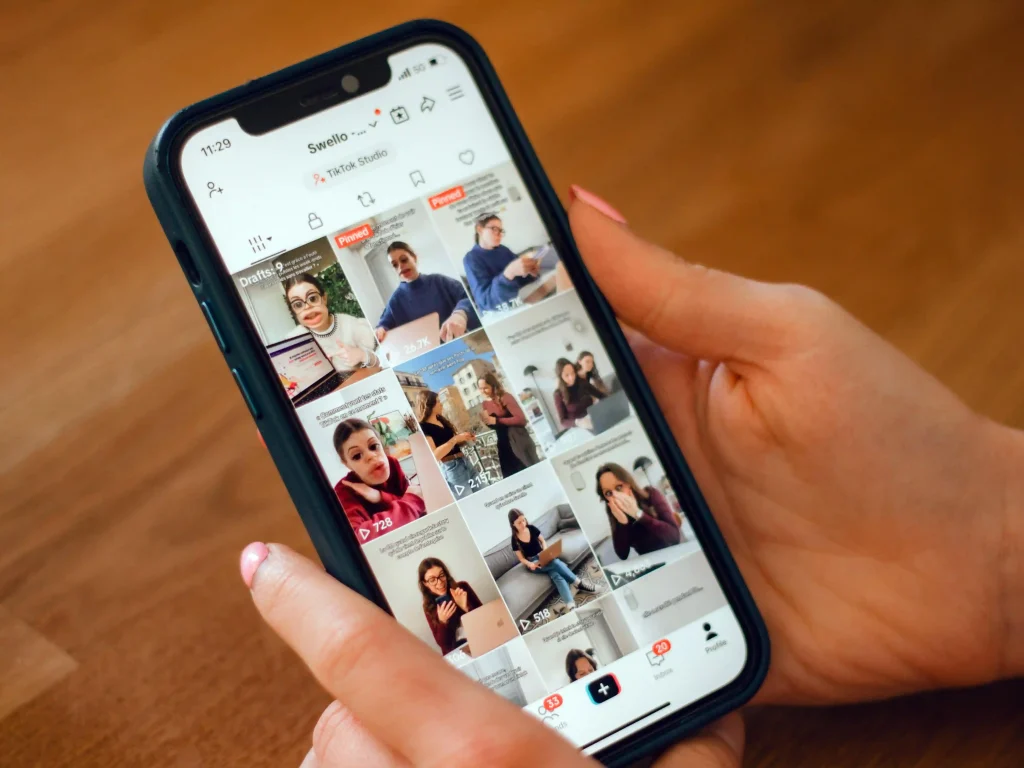
5. Social Media Isn’t All Bad — But We Need to Be In Charge
To be fair, there are real upsides to social media:
- I’ve found helpful mental health tips on Instagram.
- I’ve laughed out loud at memes that turned my day around.
- I’ve stayed in touch with long-distance friends I would’ve lost track of otherwise.
The point isn’t that social media is evil. It’s that the way we currently use it — constantly, unconsciously, and often out of habit — is hurting us more than we realize.
So we need to shift from mindless consumption to intentional use. That might look different for everyone. For me, it means keeping my screen time under an hour a day, using apps more like tools than time-killers, and taking breaks when I start to feel overwhelmed.
And most importantly, remembering: I get to choose how I spend my time and attention.

6. A Few Questions to Ask Yourself
If you’re not sure where to start, these questions helped me reflect:
- When do I usually reach for social media — and what am I avoiding?
- Who am I comparing myself to — and what story am I telling myself?
- What would I do with one extra hour a day offline?
Even one small tweak — like logging out for a day or hiding your apps — can be the start of a shift. Don’t wait for a breakdown to set boundaries. You deserve better mental health now, not later.
Final Thoughts: Still Figuring It Out
I’m not going to pretend I have this all figured out. There are still days where I scroll way too much, get sucked into drama I don’t care about, or feel the sting of comparison.
But I am way more aware now. And that awareness has created space — for rest, for creativity, for calm.
If social media is messing with your mental health, you’re not weak or dramatic. You’re waking up to a system that wasn’t built with your wellbeing in mind. That clarity is powerful.
So try one small shift this week. Hide the apps for a day. Go for a walk without your phone. Curate your feed like your mental health depends on it — because honestly, it kind of does.
Your brain deserves a break. Your heart deserves softness. And your attention deserves to come home to you.
